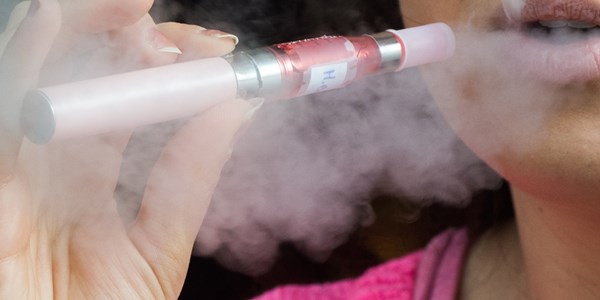Healthy Living
Women smokers face greater risk of brain bleeds─── 12:30 Fri, 22 Jul 2016

All smokers, but especially women, are at increased risk for Subarachnoid Haemorrhage, researchers claim.
Strokes characterised by bleeding inside the lining of the brain are more common among smokers, and especially women, research claims.
Finnish researchers have collected data on nearly 66,000 adults listed in Finnish national surveys since 1972. Participants were followed for an average of 21 years, until they had a first stroke, died, or until the end of 2011. Slightly more than half of participants were women, and their average age was 45 years. Accordingly, the researchers found that serious strokes - called subarachnoid haemorrhages - are eight times more common among women who smoke more than a pack a day compared to non-smokers. They were also three times more common among men who smoke the same amount, and even light smoking tripled a woman's risk for this type of stroke, the study found.
"Female sex has been described as an independent risk factor for subarachnoid haemorrhage, but we found strong evidence that the elevated risk in women is explained by vulnerability to smoking," said the University of Helsinki's Dr Joni Valdemar Lindbohm. "Our results suggest that age, sex and lifestyle risk factors play a critical role in predicting which patients are at risk for subarachnoid haemorrhage and emphasise the importance of effective smoking cessation strategies."
The good news is that subarachnoid haemorrhage risk significantly decreased among former smokers. Women and men who quit smoking more than six months earlier had comparable risk to non-smokers.
"There is no safe level of smoking," Dr Lindbohm said. "Naturally the best option is never to start. Quitting smoking, however, can reduce the risk for subarachnoid haemorrhage in both sexes."
Authors note that participants' smoking behaviour could have changed after study enrolment and that alcohol consumption, medication for high blood pressure, or high cholesterol are factors that could have impacted results.
According to the American Heart Association, subarachnoid haemorrhage accounts for three per cent of all strokes.
The report was published in the journal Stroke.
© Cover Media













